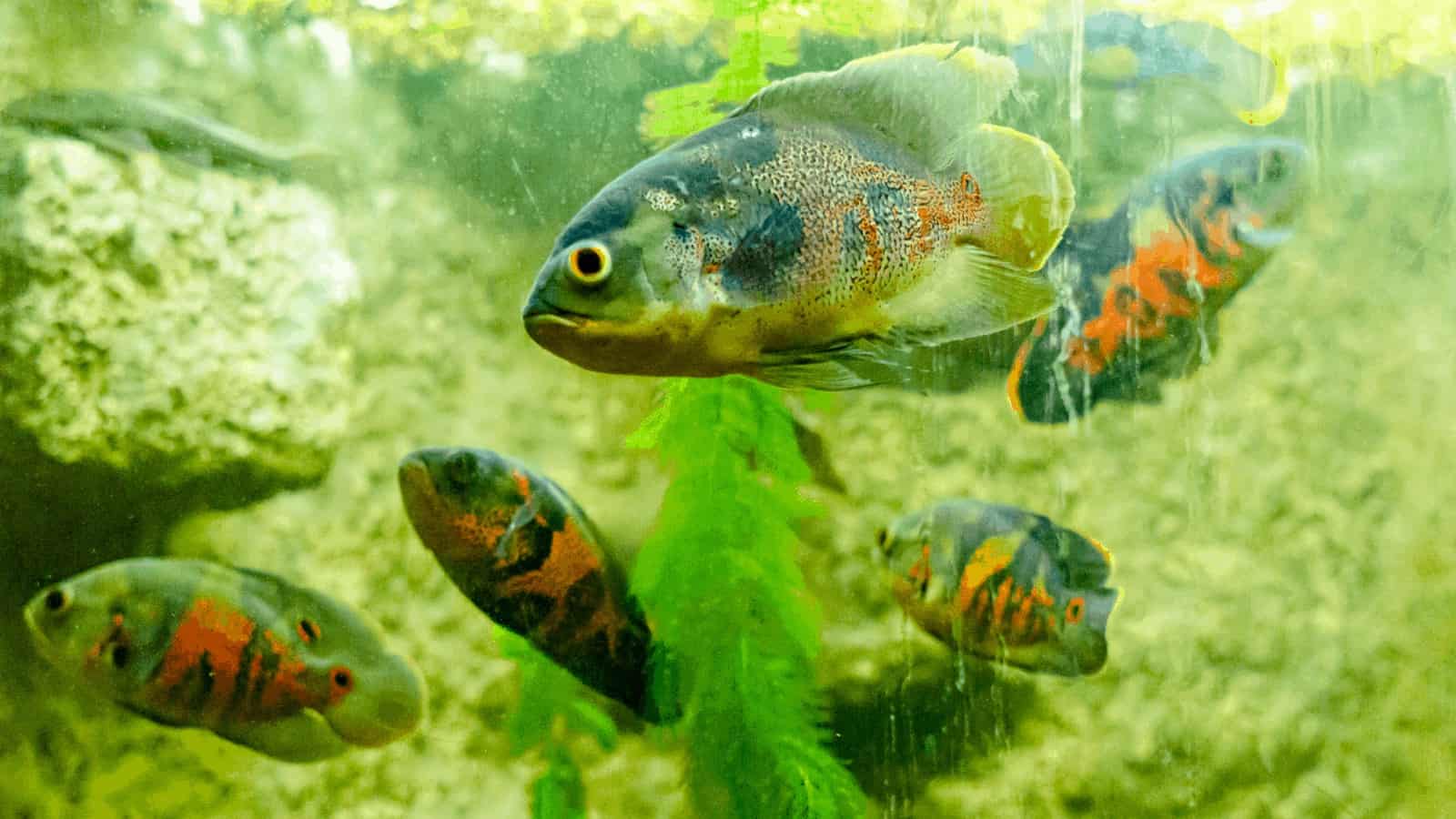Rising ocean temperatures caused by global warming may impact thousands of freshwater fish species. A European study found that a 1.5-degree Celsius rise in global average temperature would threaten about 3% of freshwater species. A 3.2-degree Celsius increase in temperature would impact over 50% of the habitat for one-third of freshwater fish. Scientists say that two factors pose the greatest threat to fish: extremes in water temperature and streamflow.
Radboud University led the study, collaborating with Utrecht University, PBL Netherlands Environmental Assessment Agency, Leiden University, and others. It was published in Nature Communications on March 15th, 2021.
Previous studies have already investigated the possible implications of climate change on various plant and animal species.
“However, freshwater fish species have been largely ignored, even though they represent approximately a quarter of the global known vertebrate diversity,” says Valerio Barbarossa, lead author of the paper. The study is the first to assess the possible impact of global warming on around 11,500 freshwater fish species globally.Scientists say that the impacts largely depend on future greenhouse gas emission levels. According to the EPA, unmitigated greenhouse gas emissions would result in a 62% decline in freshwater fish habitats by 2100. However, this number lowers drastically to only 12% if we work to reduce emissions.
A mitigation strategy would preserve coldwater habitats throughout the Mountain West and Appalachia regions. It would also avoid an estimated $380 million to $1.5 billion in total recreational fishing losses through 2100. Furthermore, around 440,000 acres of stream habitat would disappear if we don’t take action against climate change. This reduces drastically to only 85,000 acres of lost habitat for freshwater fish under a mitigation scenario.
The EPA report says that less economically valuable fisheries will replace many coldwater species without global GHG mitigation. Unabated climate change would affect the Mountain West and Appalachia regions the most. In fact, by not reducing emissions, coldwater fisheries would virtually disappear from Appalachia. It would also alter the stream habitat from warm to rough in Texas, Oklahoma, Kansas, and Florida.
Climate change will impact freshwater fish regardless of mitigation strategies.
No matter how much we limit greenhouse gas emissions, fish and other marine animals will still feel the effects. However, by reducing the damage as much as possible, we can preserve the habitats for most fish species. With a global rise of 3.2 degrees Celsius, over one-third of freshwater fish would lose around 50% of their habitats. This scenario would occur if governments stick to their pledges for 2030 but don’t commit to any further emission cuts.
Limiting global warming to 2 degrees would threaten half the habitat for only 9% of freshwater fish species. Further limits to 1.5 degrees would reduce the number of species at risk to just 4%.
“These numbers indicate that limiting global warming really matters for freshwater fish species, just as previous research has shown that it matters for species in terrestrial systems,” says Barbarossa.
How water temperature and flow changes will affect freshwater fish
The researchers created models to see how extremes in water flow and temperature would impact freshwater fish. They also identified where the greatest extremes might occur in future scenarios.
“Water temperature and water flow are two key habitat factors for freshwater fish species. Climate change will amplify extremes in flow and temperature, which may reduce the amount of suitable habitat. This, in turn, is an important indicator of extinction risk,” says Aafke Schipper, environmental researcher at Radboud University and PBL and co-author of the study.
The team found that water temperature changes would pose more of a threat than flow extremes. This indicates that global warming will cause rising water temperatures across the world. However, the research revealed that freshwater fish in tropical waters would face the highest threat due to extremely warm or tropical waters.
How dams and other human-made flood control systems impact freshwater fish migration
“The numbers of species at risk represent a worst-case scenario in the sense that we assume that fish will not be able to move to other parts of the watershed or adapt to changed conditions,” continues Barbarossa. “We have also considered a scenario in which species could move freely across the watershed and “escape” altered conditions. In that case, climate change threats would be substantially lower. However, many freshwater systems are fragmented, which impedes fish from moving to more suitable conditions.”
Many rivers around the world now have one or more human-made barriers like dams, culverts, sluices, or weirs. While these help with flood control, they also impede fish from migrating due to reduced connectivity of habitats. As the globe continues to warm, this poses a huge threat to freshwater fish populations. The authors of the study say that this increases the urgency to limit global warming to ensure freshwater fish biodiversity.
Global warming also causes the oceans to become more acidic due to an increase in hydrogen ions. This chemical reaction results in changes in the water’s pH, and calcium carbonate saturation levels decrease. Because of the huge influx of carbon dioxide, the ocean can’t hold as much oxygen. The combination of all these changes may result in mass extinctions, or at the very least, less healthy marine life.
Final Thoughts: Climate change threatens thousands of freshwater fish
As the world warms up, it puts enormous stress on plants, animals, and humans alike. In particular, the warming ocean temperatures threaten freshwater fish due to a combination of factors. Changes in water flow and extreme temperatures near the equator may drive many to extinction or result in mass migrations. Fish in the Appalachia and Mountain West regions of the US will become threatened due to climate change.
The study showed that a temperature rise of 3 degrees Celsius would have the biggest impact on freshwater fish. They would lose over half their habitat under this scenario. Only 9% of fish would have half their habitat threatened in a world 2 degrees warmer. In conclusion, the more we combat climate change, the fewer animals will suffer from inhospitable conditions.















 Community
Community

